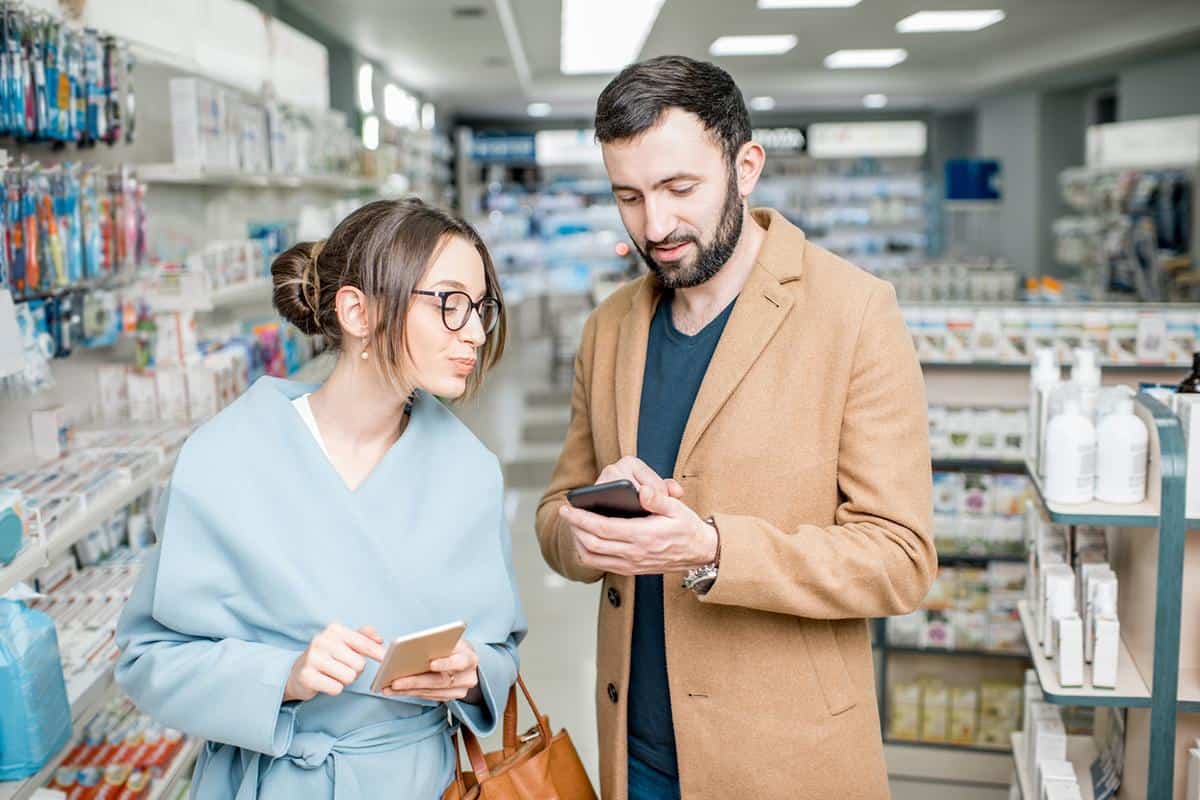In today’s InternetRetailing newsletter we hear from PepsiCo’s Rui Francisco as he shows how the food and drink multinational learns from direct-to-consumer projects and shopper insights surveys about how its shoppers want to buy – and be served by the brands that it works with. It’s an interesting insight into some innovative projects, including the Unwasted website that allows Dutch shoppers to buy snacks and other foods that would otherwise be thrown away. It’s also a good example of how a multinational is taking, albeit on a small scale, a responsible approach to sustainability and to ecommerce.
Today we also report as Asos introduces new standards for third-party brands whose products are sold on its site. The retailer has moved from requiring retailers to publish policies in areas from modern slavery to animal welfare to demanding new levels of transparency and supply chain auditing from those whose goods are made in the UK. In the future it will also expect those standards from those with international factories.
Meanwhile, online flower company Nova Flowers was acting to meet the new needs of shoppers, including those who were self-isolating, when it started selling food boxes during the Covid-19 pandemic. Now it is planning to continue this long-term. But as well as being responsible, these are also ways in which retailers have responded to their customers’ growing appetite for ways of selling that are both transparent and genuinely useful.
Part of that is about understanding the way customer demand is now changing, and today we report on how shoppers are responding to Covid-19, in terms of footfall, willingness to go into a shop, and eagerness to spend. Meanwhile, Hammerson says it’s introducing a new kind of lease that reflects the realities of omnichannel retail, and figures from the British Business Bank suggest that retail and wholesale account for 16% of emergency loans granted as a result of coronavirus.
And in today’s guest comment, Chris Purcell of Episerver considers how retailers can integrate online and offline retail to take a new hybrid approach to selling post-Covid









